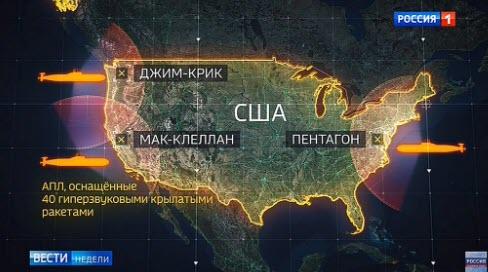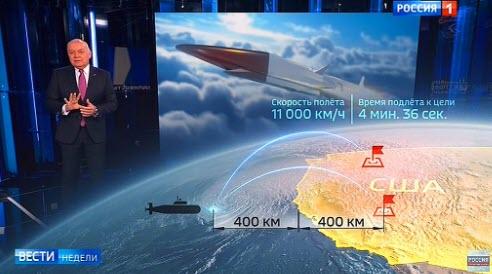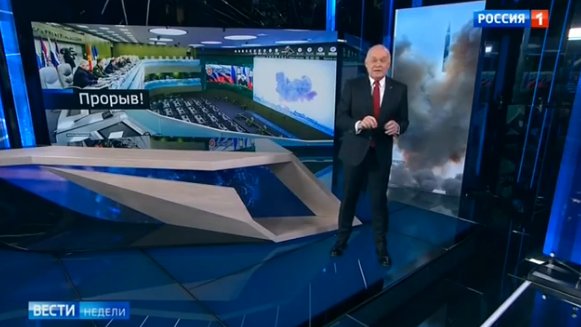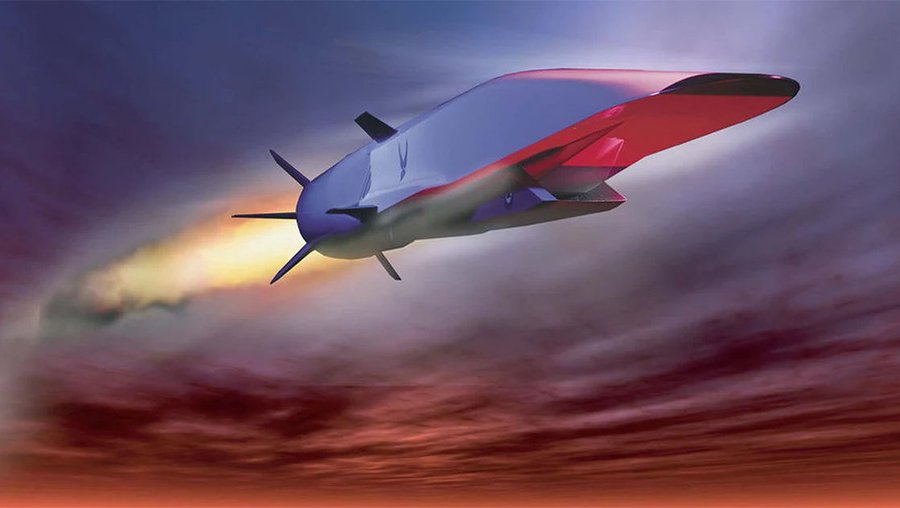The Nuclear Game Theory of the India-Pakistan Crisis
What was most revealing about the first day of President Donald Trump’s summit in Vietnam with Kim Jong Un wasn’t the president’s characterization of his private conversation with the North Korean dictator (“Boy, if you could have heard that dialogue, what you would pay for that dialogue”). It wasn’t his refusal to respond to shouted questions about the fact that, back in Washington, D.C., all eyes were on his former lawyer Michael Cohen, who was assailing the president’s character and conduct.
Vote for a local nonprofit you love.
Meet the 15 finalists driving change in their communities—and help decide who will win $20,000 in funding.
Instead it was what was left unsaid: As Trump sought to persuade Kim to give up his nuclear weapons, enticing his young “friend” with visions of a disarmed North Korea as an “Economic Powerhouse,” India and Pakistan were trading blows in a case study of what conflict looks like when countries successfully obtain nuclear weapons despite international opposition.
The two developments were particularly striking because, as former U.S. officials and experts who have negotiated with Pyongyang over the years have recounted, North Korean often cites India and Pakistan as models of what it ideally wants from the United States: an end to punishment and isolation for pursuing nuclear weapons, tacit recognition of its status as a nuclear-weapons state, and better relations with Washington. That rationale has a cold logic, but holds only as long as North Korea isn’t involved in the kind of back-and-forth that India and Pakistan find themselves in.
“They said it very clearly,” Joseph DeTrani, a former U.S. intelligence official who engaged in talks with North Korean officials as recently as 2017, told NK News. “Accept us as a nuclear-weapons state and we will be a good friend of the United States. You’ve done it with Pakistan.” The North Koreans wanted roughly the deal India got from the United States, George Perkovich of the Carnegie Endowment for International Peace told The Atlantic in describing a 2007 meeting. “What North Korean officials said to me is ‘We’re going to keep our nuclear weapons, and you’re going to end the sanctions and normalize relations and make a peace treaty with us,’” he said in a 2017 interview.
Trump-administration officials insist that their ultimate objective continues to be the “full verified denuclearization” of North Korea, but ahead of the Vietnam summit, they’ve signaled that their near-term goals are far more modest. Secretary of State Mike Pompeo has vowed to “reduce the threat from a nuclear-armed North Korea,” while Trump has noted that “as long as there’s no [nuclear and missile] testing, we’re happy.” If the outcome of the Vietnam summit is fundamentally about finding ways to minimize the danger to the United States and the world of living with a nuclear North Korea, the dispute between India and Pakistan is instructive of how geopolitics could change as a result.
Two weeks after a terrorist carried out a suicide attack on a convoy of Indian security forces, killing 40 soldiers, the two countries have taken progressively more aggressive action against each other. New Delhi, blaming Pakistan for the bombing, dispatched the Indian air force to strike what it said was a terrorist training camp in Pakistan. Soon after, Islamabad said it had shot down two Indian jets and captured a pilot.
India and Pakistan have fought multiple conflicts since the end of British colonial rule in 1947 resulted in the partition of the subcontinent. Pakistan’s prime minister and senior Indian officials have said they don’t want to see the situation deteriorate any further, but the risk of miscalculation remains high, amid fears that any misstep could trigger all-out war, the first between the two countries since they both developed nuclear weapons—in fact, the first between two nuclear-armed states, ever.
The situation illustrates the paradox a nuclear arsenal poses: Nonproliferation advocates would argue that the danger of escalation into apocalyptic war is why states should not possess such weapons. But it is precisely because of situations like these that countries such as India and Pakistan will never renounce them.
The ongoing hostility elicits questions, not to mention fears, about the point at which the two states are prepared to resort to using nuclear weapons. It brings to the fore the logic of possessing such weapons, whether states are taken seriously as great powers without them, and indeed whether possession of them limits a nation’s military options, especially when its public is baying for war.
Western nations and nonproliferation groups were aghast when India and Pakistan, in quick succession, declared themselves nuclear-weapons states in 1998 amid worsening relations. International sanctions quickly followed, but were mostly lifted in subsequent years amid tacit acknowledgment of the countries’ newfound military capabilities. Since then, the United States has actively encouraged India’s nuclear program and expressed disquiet about the security of Pakistan’s weapons.
Relations between the neighbors, never particularly good, have stayed tense, though until recently any difficulties were confined to political rhetoric and border skirmishes, with two significant exceptions. Nonproliferation activists point to those two incidents—the Kargil conflict of 1999 and a months-long military standoff along their de facto border following a militant attack on India’s Parliament in 2001—as examples of the perils of conflict between nuclear-armed states.
That there hasn’t been a war between India and Pakistan involving nuclear weapons does not mean it cannot happen. The vast majorities of their respective populations have little to no memory of any of the pre-Kargil conflicts (India has a median age of less than 27; Pakistan’s is less than 23). In India, the dominant media sentiment appears to be that Pakistan needs to be taught a lesson for its support of terrorist groups. The government in New Delhi, facing an anxious public and an upcoming election, could feel compelled to act.
Thus far, nuclear weapons are largely why those earlier clashes, and countless others, didn’t develop into full-scale war. On this and other occasions, the bellicose language from the public and media in the two countries hasn’t publicly been matched by their respective prime ministers—this despite the fact that each country has viewed the other as an existential threat since independence. New Delhi and Islamabad see the possession of nuclear weapons not only as cementing their rightful place in the world as powerful nations, but also as providing a credible deterrent against threats, real and perceived.
That, in effect, is the underlying reason few believe Kim will ever give up nuclear weapons. So while the military escalation in South Asia has sparked little public discussion in Hanoi, its implications have nevertheless been felt there.
We want to hear what you think about this article. Submit a letter to the editor or write to letters@theatlantic.com.
URI FRIEDMAN is a staff writer at The Atlantic, where he covers global affairs.
KRISHNADEV CALAMUR is a staff writer at The Atlantic, where he covers global news. He is the author of Murder in Mumbai.









